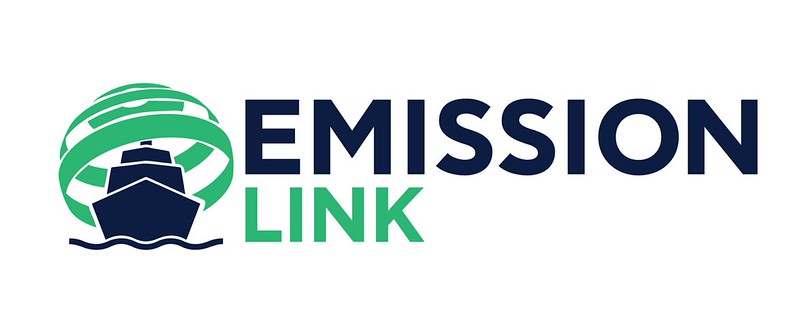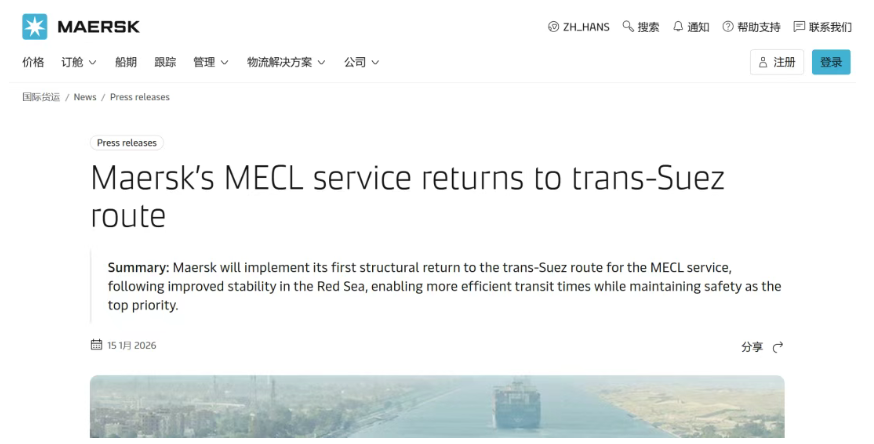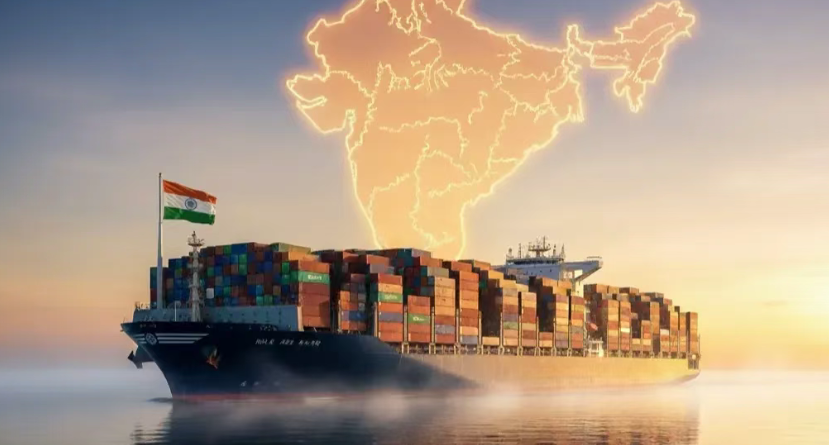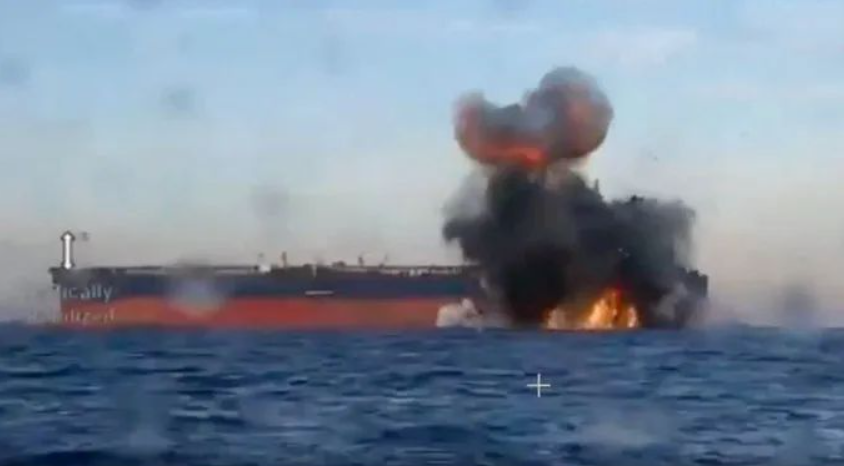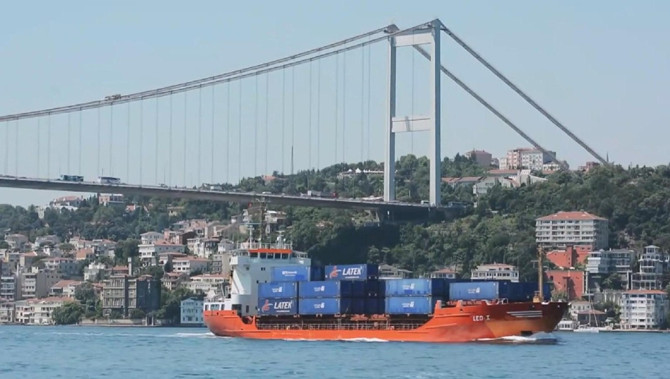
An historic deal to resume grain export from Ukraine via the Black Sea has brought hope for Turkey's shipping industry, as the country has witnessed a significantly shrunk shipping business since the outbreak of the Ukraine crisis.
Considering details of the deal are still unclear, Turkey's Black Sea shipping industry is waiting to see if it will participate in transporting grains. In addition, analysts also pointed out that the implementation of the agreement still faces many risks.
Russia and Ukraine signed a long-awaited deal in Istanbul, Turkey, on Friday to safely transfer Ukrainian grain, foodstuff, and fertilizer to international markets under the supervision of the United Nations.
The Black Sea Grain Initiative, signed respectively with Turkey under the UN auspices, would allow significant volumes of commercial food and fertilizer exports from three key ports in the Black Sea, namely Odessa, Chernomorsk and Yuzhny.
The deal was first signed by Russian Defense Minister Sergei Shoigu with his Turkish counterpart Hulusi Akar and the United Nations Secretary-General Antonio Guterres, and later by Ukrainian Infrastructure Minister Oleksandr Kubrakov with the other two sides.
Mustafa Can, chairman of the Board of Directors of Transbosphor Logistics, runs a medium-sized shipping company, and most of his business is from Russia and Ukraine.
As the safety of shipping in the Black Sea region has decreased and insurance companies are unwilling to provide insurance since the outbreak of the conflict between Russia and Ukraine, Mustafa Can's business volume has shrunk greatly. At present, he only runs part of the routes to and from Russia. The signs from the deal have brought hope for Mustafa, but the owner still has doubts.
"I want too much to do such a business, because we will make money and we will help the people, and Turkey has signed everything, but these details are not clear yet," said Mustafa.
Under the deal, Russia, Ukraine, Turkey and the United Nations will set up a joint coordination center in Istanbul to handle shipments of crops outside the Black Sea port. Mustafa says it remains to be seen whether the deal can be effectively implemented and he will need to see at least a few successful food shipments before he considers taking part in the business.
"Vessel will start, which is already inside load and leave the port, then we will think twice. Now, [in terms of] freight which I'm, let's say, making 50 from Russia, I will ask 150 from Ukraine. Everybody shouldn't forget that you have no insurance already inside of these waters," said Mustafa.
Ukraine has begun preparations for the resumption of the Odessa, Chernomorsk and Yuzhny ports and has started to build fleets, the Ukrainian Seaport Authority said on Sunday.
On the same day, the Turkish Defense Ministry issued a statement that all parties are working hard at the joint coordination center in Istanbul to coordinate the first grain shipment from the Ukrainian port as soon as possible, and relevant work continues to be moved forward. But some analysts also pointed out the risks of implementing the deal.
"There are huge number of risks about implementation of this agreement, but I think the major risk is actually from the western side. They may create an obstacle for each side, either Ukraine or Russian side, just an obstacle to stop the implementation of this agreement," said Ivan Starodubtsev, an expert on international relations and the chairman of the Turkey-Russia Project Development Association.
Source: CCTV
The opinions expressed herein are the author's and not necessarily those of The Xinde Marine News.
Please Contact Us at:


